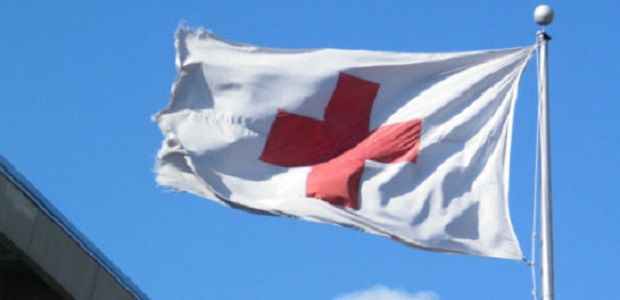
“No international humanitarian organization is allowed to provide humanitarian assistance in eastern Ukraine at the moment,” said Tomas Kocian, the country director of the Czech organization People in Need, The Washington Post reports.
The freeze in assistance and medical care is due in part to new “accreditation” procedures that went into effect for Western aid groups toward the end of July, imposed by the two self-declared and Russian-backed republics in eastern Ukraine— the Donetsk People’s Republic and the Lugansk People’s Republic, according to a Web page maintained by the DPR. According to the site, Western agencies have to provide detailed information about their offices, employee rosters and medical supplies to gain permission to distribute aid in the region.
However, the ban does not extend to Russian organizations. On Thursday, the 38th Russian “humanitarian aid” convoy arrived in Donetsk and Luhansk, according to Russia’s Ministry of Civil Defense.
Read alsoWeapons, explosives discovered in Putin’s "humanitarian aid"The convoys, which have been arriving since the war began, are regarded as illegal by the Ukrainian government, but the authorities in Kiev have no ability to control the border in the east.
The only organization to receive permission to operate has been Medecins Sans Frontieres, Kocian said.
Although the organization is able to work in Donetsk, it has been barred from operating in Luhansk after separatists raided a warehouse there and accused the organization of possessing psychotropic drugs banned in Ukraine and Russia.
Tim Shenk, a representative of Medecins Sans Frontieres, defended the group’s possession of the drugs, stating that they are “in line with medical protocols,” and are an “essential component of medical kits provided by MSF.”
The International Committee of the Red Cross also told the Russian state news agency Ria Novosti it has “no access” to territory controlled by separatists.
“We decided to comply with this requirement and send them our documents, but we could not even imagine that after more than a month we would not have any information as to the possibility to pursue our work there,” Laurent Corbaz, head of the organization's operations for Europe and Central Asia, told Ria Novosti.
Barbara Manzi, the head of the U.N. Office for the Coordination of Humanitarian Affairs in Ukraine, said that the United Nations has personnel in separatist areas and has been able to do small-scale “interventions.” However, she said, most aid remains undelivered.
“We have 16,000 metric tons of goods that are ready for immediate delivery. With winter coming, some of these goods have to be delivered right now and can’t wait another two or three weeks,” Manzi said during a phone interview.

